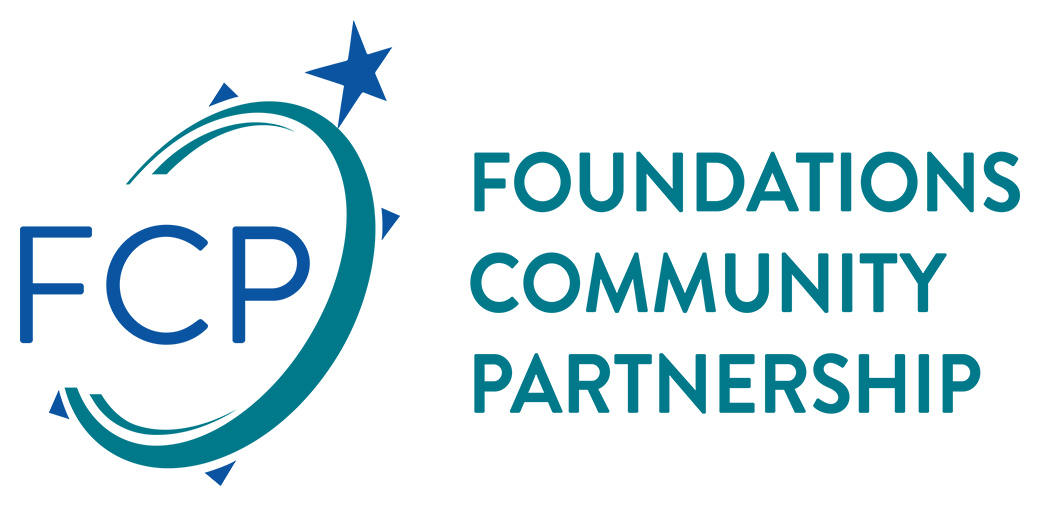Audience Enjoyed an Engaging Presentation Today …
When I first saw the title of today’s workshop: “Depression, Suicide and Related Mood Disorders in Adolescents,” I thought “Not another one, there goes my whole day. – Yawn!” I think you will agree that there seems to a recent proliferation of talks on teenage depression and suicide. Most follow the same pattern. They have many slides with statistics and data describing the etiology and prevalence of mood disorders, multiple slides on the efficacy of pharmacological treatments. They have even more slides re-teaching the mostly professional audiences the benefits of Cognitive Behavioral Therapy combined with antidepressants etc, including the same statistical analysis – (another yawn). Unfortunately, many workshops never really have time to discuss adolescent suicide.
This workshop was different! I know, I have said that before, but I really mean it this time. Dr. Wintersteen did briefly discuss etiology and prevalence of depression and other mood disorders. Yes he did present some slides showing statistical trends and analysis of suicidal thoughts and acts. He is also guilty of talking about effective treatments to reduce suicidal thoughts and ideation with adolescents. He respected the professional level of his audience and did not attempt to re-teach basic mental-health skills.
Using appropriate humor (considering the topic), and quickly moving through the material that may have otherwise been redundant for most of the audience, Dr. Wintersteen’s three hour presentation went by quickly.
During his discussion of common mood disorder symptoms, he focused on functional impairment, not simply the “symptom”. For example, he said that a common symptom of a bipolar disorder is reduced need for sleep. He suggested If the patient is functioning well on less sleep, then there may not be a need to treat this symptom. On the other hand, if the patient is falling asleep at school, then treatment should address the lack of sleep. He also suggested that treatment should focus on the functional aspects of assessment. For example, assessment may show risk factors of a possible mood disorder for a patient such as parent history of depression. While this is important historical information, it can’t be changed. Treatment should focus on the symptoms that can be changed such as impulsivity, substance abuse, chronic illness or access to a gun.
Dr. Wintersteen spent time debunking the 10 myths of suicides. He also briefly presented a suicide crisis planning and management model that is currently being used. He will participate in a more detailed discussion of this model next week. Please contact him at matthewwintersteen@jefferson.edu for more information.
The Audience at today’s workshop appeared receptive and quiet. Most questions were short and relevant to the topic. Dr. Wintersteen was able to quickly answer most questions. When he didn’t know the answer, he said that he didn’t know the answer. Very refreshing – he didn’t make guesses. He then posed the question to the audience. In general, today’s workshop was very satisfying. It provided me with useful information for my practice.
At the break, I had a brief conversation with a colleague. Aside from anger, irritability, impulsivity, and loss of interest in activities that some suicidal adolescents exhibit, a small cohort of very bright, philosophical adolescents appear different, but still make suicide attempts. These teens are socially connected, have no depressive symptoms, appear well adjusted, appear interested in life with no apparent “psychic tremors”. They are able to participate and enjoy activities but are bored with day-to-day humdrum, often reading works by the great philosophers, as leisure reading, before assigned in high school. A couple of recent patients have tried diet supplements that offer psychedelic or mind-expanding effects but are not addictive. Reminds me of the ‘60’s. Any thoughts on this? Any other questions for the group?

good comments of the presentation, wish i would have been there.
regarding your closing comments of the atypical teen with para-suicidal or overt attempts, i have found all of us in some way, and especially teens, really wonder about and need the spiritual sphere to be engaged. this group often arrives at the this conscious and cognitive level earlier than their peers which is isolating for them as well. unfortunately, our society, adults, and certainly their peers poorly articulate this spiritual sphere for them. even worse, when they do provide some spiritual construct, it is often an incomplete model that doesnt help the teen explain their daily struggles or help them identify the obstacles that interfere with a rounded, deep, integrated, but practical bio-psycho-spiritual plan for life growth and transformation.
When our society really addresses this, many social policy and societal ills can be addressed.
Since “psyche” really is greek for soul, i relish the part us behavioral health professionals are called to play in this great movement. unfortunately, we have poorly prepared for it and have so far squandered it. thankfully, so has everybody else, so we are still the leading voice if we so choose.
Thank you Dr. Benzio for reminding us that there is more to mental health than the “bio-psycho-social model”. I agree that the concept of “soul” has often been ignored throughout the years in mental health treatment. I like the “bio-psycho-spiritual” concept. The “spiritual sphere” completes the model. Perhaps we should call it the “bio-psycho-social-spiritual” model